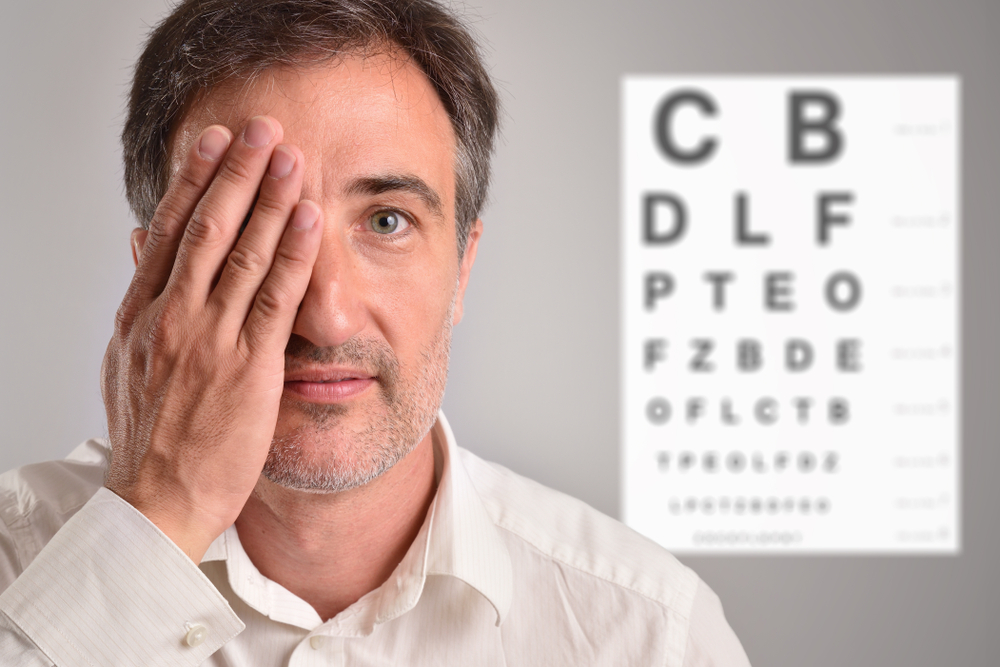
If you have diabetes, you know how important it is to maintain your overall health—starting with your blood sugar. But did you realize that this condition can also impact your eyes? Diabetes can affect your eye health and vision. It is why you must understand the link between diabetes and eye issues.
Diabetic Retinopathy: A Common Eye Complication of Diabetes
Blood vessels all over your body, including the tiny ones in your eyes, are susceptible to damage from diabetes. Diabetes' most frequent eye problem, diabetic retinopathy, can result from this. This condition develops when the retinal blood vessels become damaged. If not treated appropriately, it may cause visual loss.
There are various stages of diabetic retinopathy, from mild to severe and even proliferative. You might not initially exhibit any observable symptoms. This is why getting frequent eye exams is crucial if you have diabetes. You could experience fuzzy vision, floaters, dark spots, and even total blindness as the illness worsens.
Risk Factors for Diabetic Eye Complications
Diabetes does not always result in issues with the eyes. But several risk factors can raise your risk of diabetic retinopathy or other eye disorders. These factors include:
Poor Blood Sugar Control
Long-term high blood sugar levels can raise the chance of developing diabetic retinopathy. You can control your blood sugar levels with a nutritious diet, regular exercise, and medication as directed by your doctor.
Duration of Diabetes
The likelihood of experiencing eye issues increases with the time you have diabetes. That is why regular eye examinations are crucial.
High Blood Pressure
Having diabetes and hypertension can make you more likely to develop diabetic retinopathy. Various lifestyle changes and medications your healthcare provider recommends can help lower this risk.
High Cholesterol
Elevated cholesterol levels can contribute to the risk of developing eye complications related to diabetes. Managing cholesterol levels through a healthy diet, exercise, and medication can help lower this risk.
Safeguarding Your Eyes If You Have Diabetes
Regular Eye Exams
Even if you lack symptoms, it is still important to undergo regular eye exams if you have diabetes. Your eye doctor can spot hidden signs of diabetic retinopathy or other eye conditions related to diabetes. They will then recommend appropriate treatments to manage them.
Blood Sugar Control
An important factor in lowering the risk of diabetic retinopathy is maintaining appropriate blood sugar control. You can control your blood sugar levels with a nutritious diet, frequent exercise, and prescription medications.
Blood Pressure and Cholesterol Management
Keeping cholesterol and blood pressure under control can lower the likelihood of getting diabetes-related ocular problems. Follow your healthcare provider's recommendations for managing these conditions.
Healthy Lifestyle Choices
Adopting a healthy lifestyle can contribute to better eye health if you have diabetes. This includes:
Maintaining a healthy weight
Working out frequently
Giving up smoking if you currently do
Limiting your alcohol intake
Conclusion
Diabetes can significantly impact the eyes and vision. If not treated, diabetic retinopathy can cause visual loss. Develop a plan to control your diabetes and protect your eye health with your healthcare provider. You can help maintain good vision and eye health by taking proactive steps.
For more on diabetic eye diseases, contact Dr. Richard E. Hults & Associates at our Midway Mall, Belden Village, Westgate Mall, or Summit Mall, Ohio offices. Visit our website schedule an appointment today.
















